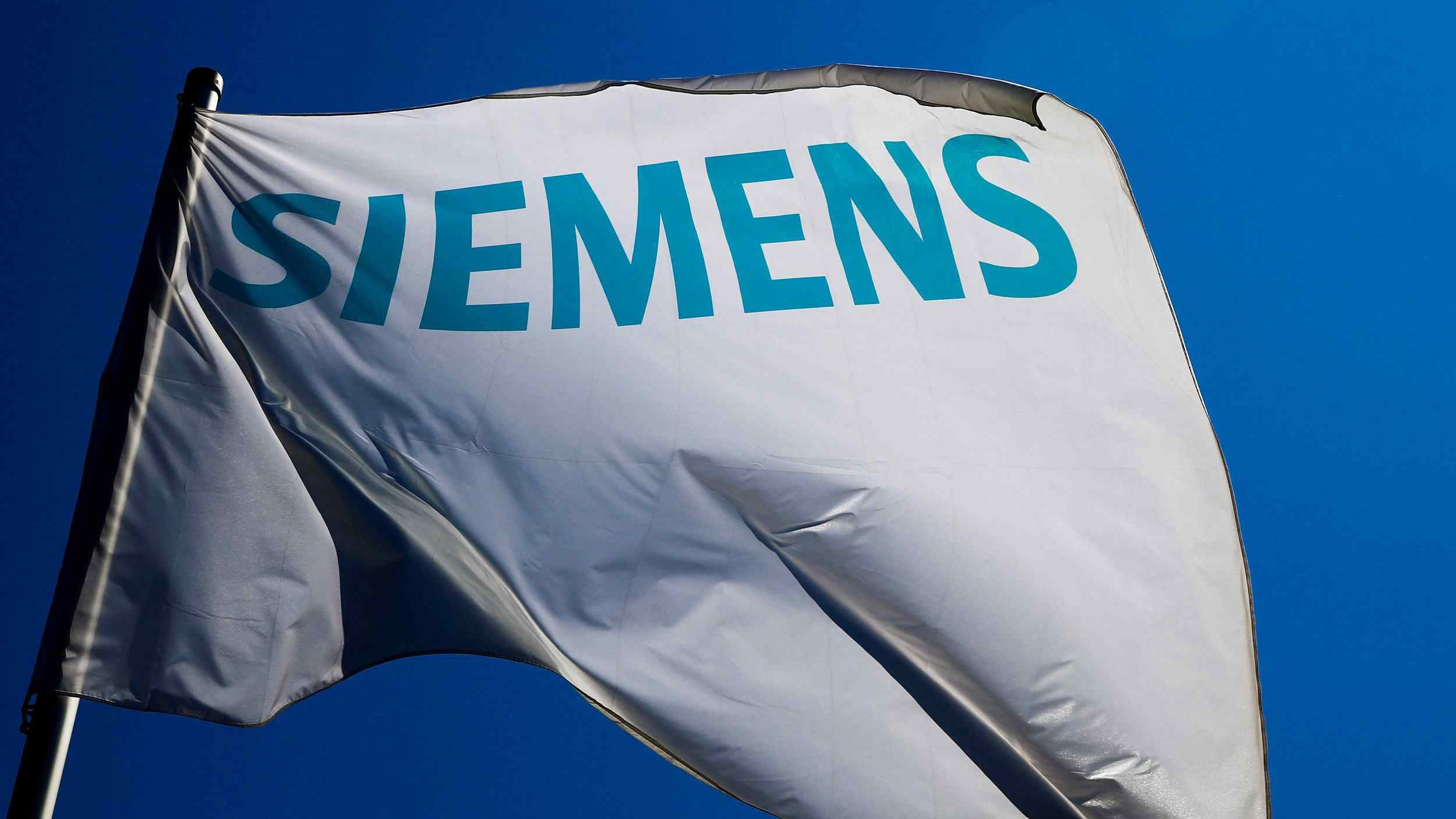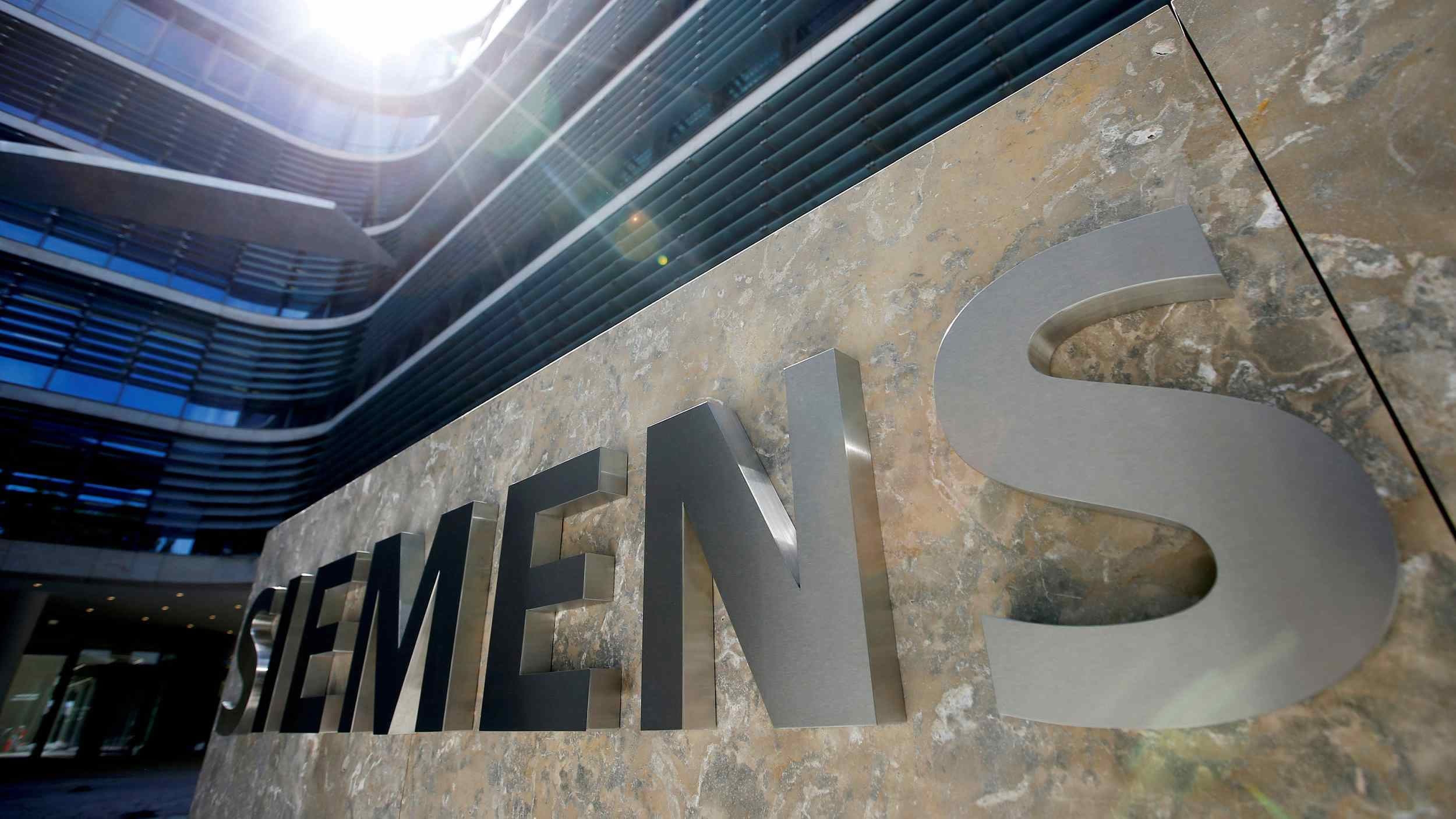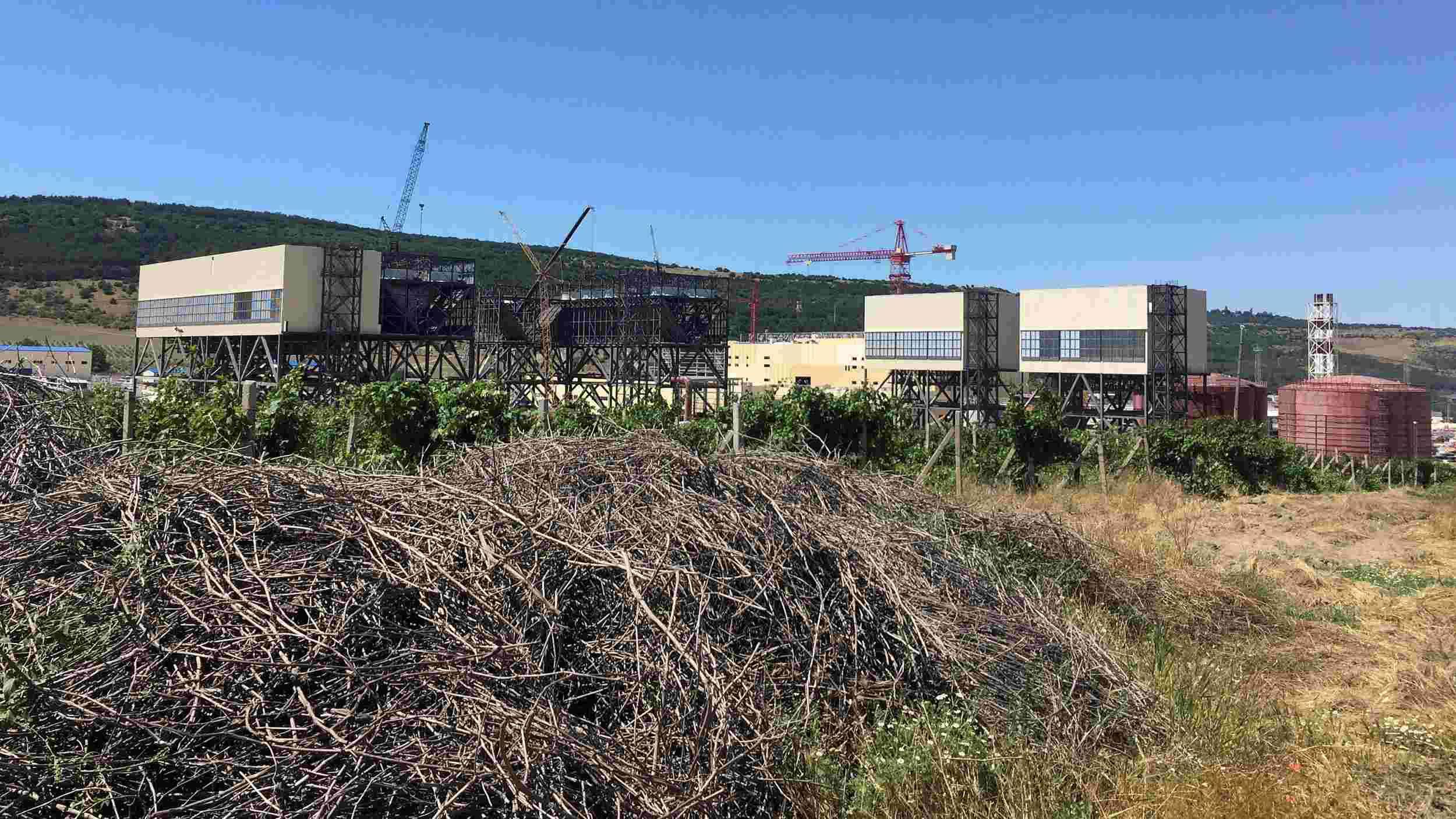
Business
17:01, 21-Jul-2017
Siemens withdraws from Russia joint venture after turbines turn up in Crimea

German industrial group Siemens said on Friday it will pull out of its Russian power-plant joint venture Interautomatika following a scandal that saw four gas turbines it sold for use in Russia turn up in Crimea, a region subject to EU sanctions on energy technology since 2014.
The Munich-based group said it had not yet uncovered any indication of violations of export-control regulations, but said it did now have credible information that the four of the turbines were in Crimea.
"All four gas turbines that were delivered in the summer of 2016... have since been locally modified and illegally moved to Crimea," it said in a statement.
"This development constitutes a blatant breach of Siemens' delivery contracts, trust and EU regulations," it said.

The Siemens AG headquarters in Munich, Germany, June 14, 2016. /VCG Photo
The Siemens AG headquarters in Munich, Germany, June 14, 2016. /VCG Photo
Siemens would freeze deliveries of power generation equipment to state-controlled Russian customers, and also "fully divest its minority interest in the Russian company Interautomatika."
Sources told Reuters that Interautomatika was involved in the installation and commissioning of the turbines in Crimea.
Siemens said it had reviewed its licensing agreements with Russian companies associated with the matter, and was reviewing potential collaboration between its subsidiaries and other entities around the world regarding deliveries to Russia.
It will terminate a licensing agreement for power generation equipment that it had signed with Russian firms. "Siemens is implementing an additional controls regime that is exceeding legal requirements by far," it said.

A general view shows a power plant under construction in Sevastopol, Crimea, July 5, 2017. /VCG Photo
A general view shows a power plant under construction in Sevastopol, Crimea, July 5, 2017. /VCG Photo
New gas power projects in Russia would only be carried out through companies it controls, ensuring "Siemens-controlled delivery and installation" overseen by Siemens personnel, it added.
After confirming that two of the turbines had been delivered to Crimea almost two weeks ago, Siemens announced that it had launched legal proceedings against the individuals responsible.
The turbines had originally been supplied for a power-plant project in Taman, in the Krasnodar region of southern Russia, separated from Crimea by just a few kilometers of water.
It renewed its offer to buy back the turbines and cancel the original contract with Technopromexport (TPE), against whom it is taking legal action intended to stop further deliveries to Crimea and to return the turbines to their original destination of Taman in southern Russia.
Chancellor Angela Merkel's spokesman Steffen Seibert last week pressed Siemens to bring the details of the sanctions breach to light, calling the turbine delivery to Crimea "remarkable and completely unacceptable."
(Source: AFP, Reuters)
6443km

SITEMAP
Copyright © 2018 CGTN. Beijing ICP prepared NO.16065310-3
Copyright © 2018 CGTN. Beijing ICP prepared NO.16065310-3